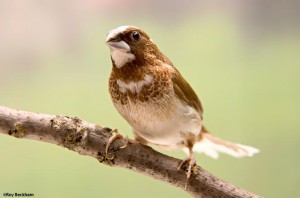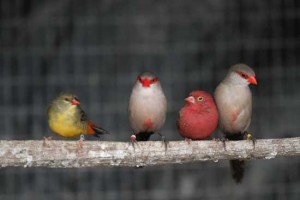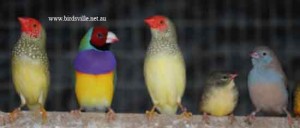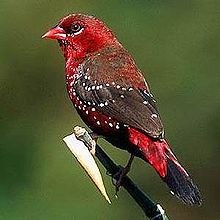Bengalese Mannikin for sale sydney

Found in store, for more details call Birdsville 9667 2555. More information coming soon.
Lonchura domesticaNatural Distribution Habitat of Bengalese
Interestingly there is no wild population or feral populations, it is believed that these have been in captivity longer than any other finch.
Diet Bengalese Finches
Seed– Feed your birds a good quality finch mix which is important because its the basis of your Bengo’s diet. Be wary of some supermarket mixes as they have a low grade seed with filler seed and grit added. If you are unsure of the seed you are using ask your local bird specialist.
Sprouted seed– Loved by Bengalese Finches be sure to clean thoroughly with aviclens to remove bacteria before feeding to your birds
Millet sprays– A fresh millet that is still on the stem, loved by all finches we stock a couple of varieties but i find the best for bengalese finches is french white millet sprays.
Greens– Bengo’s love their greens such as seeding grasses, lebanese cucumber, chickweed, milk thistle, chicory, silver beet, endive and dandelion. Do not feed birds lettuce.
Vitamin Supplement–
Live food– Supply especially when birds are breeding or fostering more insectivorous species. Live foods such as meal worms and fly pupae.
Egg and biscuit formula– Loved by these birds as it is high in protein and especially important when birds are breeding.
Grit– Feed your Bengalese a proper fine finch grit with a mix of charcoal, crushed cuttlebone, Baked egg shell, shell and limestone. Do not put shell grit in with seed, place grit in a separate dish
Breeding Bengalese Finches
As these birds have been domesticated for such a long time bengalese finches do not have a breeding season and will breed any time of the year. The male will build the nest, suitable nests are woven wicker nests, nest boxes or hollowed out coconuts. Be sure to add swamp grass for nesting material and white feathers to line the nest. These birds are super parents and are commonly used for fostering many other species of finches. The hen will lay around 5 eggs with 13 days of incubation. The young will be fed inside the nest for a further 25 days befor they begin venturing outside of the nest. The parental birds will continue to feed the young for a further 22 days as they learn to crack seed for them self.
Sexing Bengalese Finches
A difficult finch to sex the method i use is comparing different birds mandibles which is the bottom beak the male’s lower mandible with be slightly wider.



